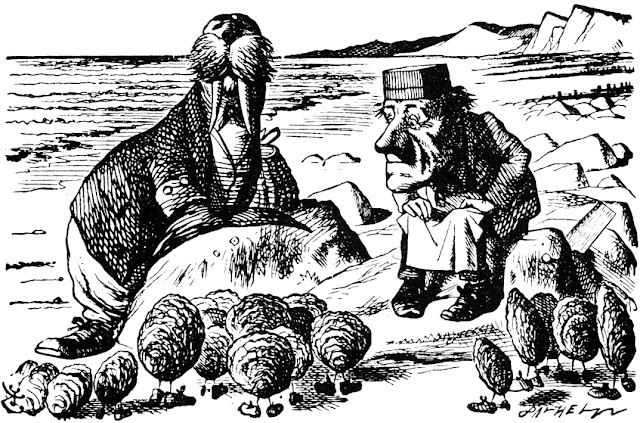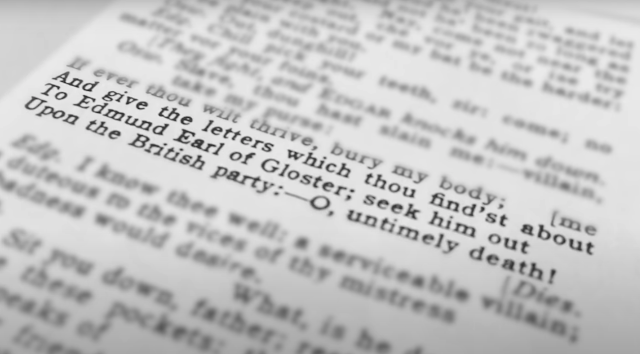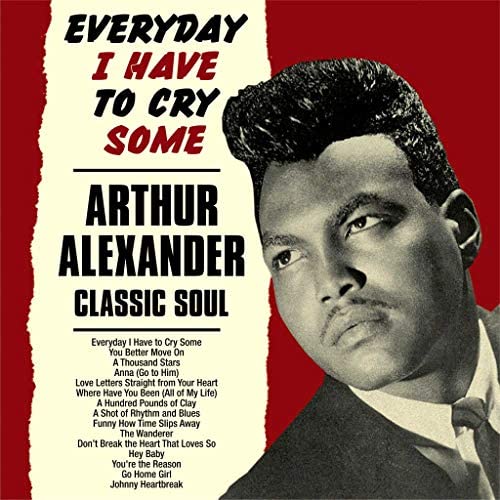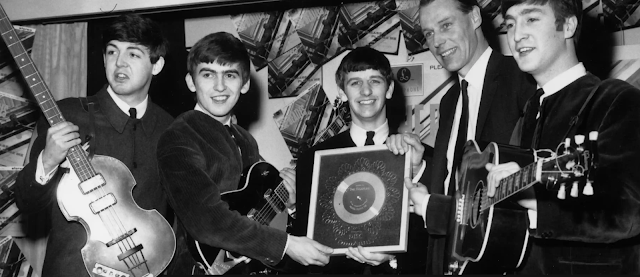Who were The Beat Brothers?

The name change from the original The Quarry Men to The Beatles went through many stages and spellings. Some ludicrous options were considered or even used on occasion. : Johnny and the Moondogs, the Beatals, the Silver Beetles, the Silver Beats are notorious examples. None of these monikers was as bad as The Beat Brothers. Yet this was the name that appeared on the first records John, Paul, George (and Pete) recorded for Polydor in 1961. German Polydor producer (and celebrated musician) Bert Kaempfert wanted to cash in on Tony Sheridan's (modest) fame. Sheridan, very shrewd in most musical matters, had old-school preconceptions about showbiz names. He dropped his own real surname (McGinnity) when first appearing on Ready Steady Go. The Beat Brothers, he argued, would have more market appeal than the weird sounding The Beatles. Subsequent record-sales spectacularly refuted this thesis.






